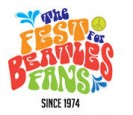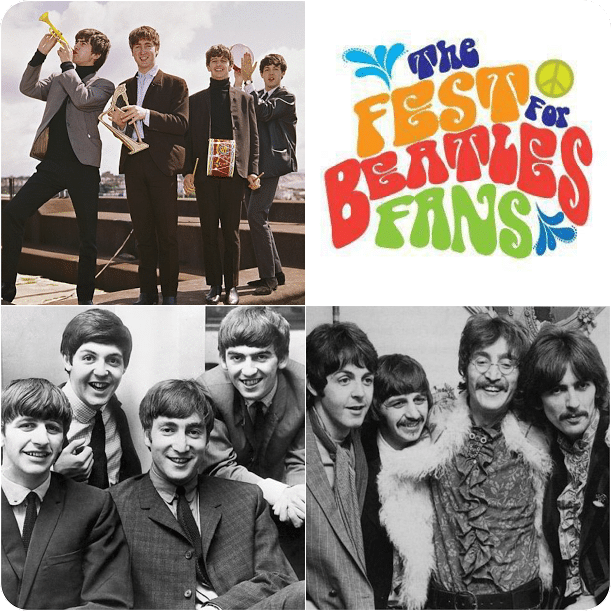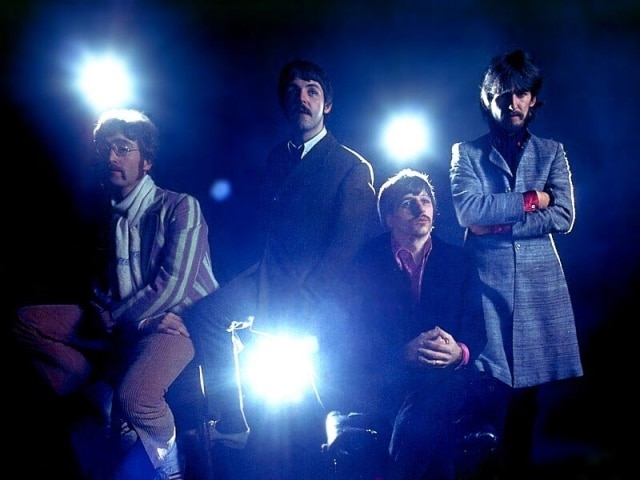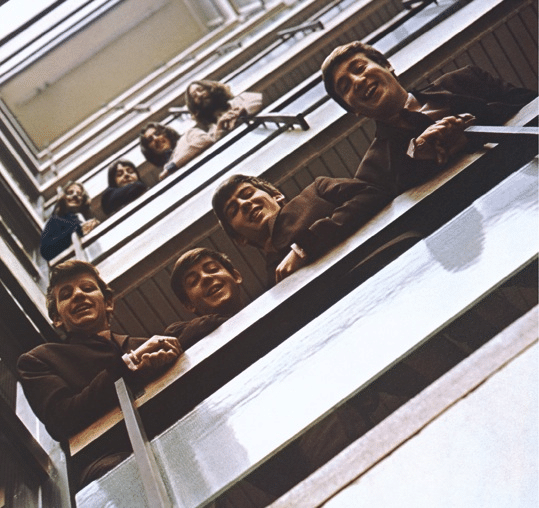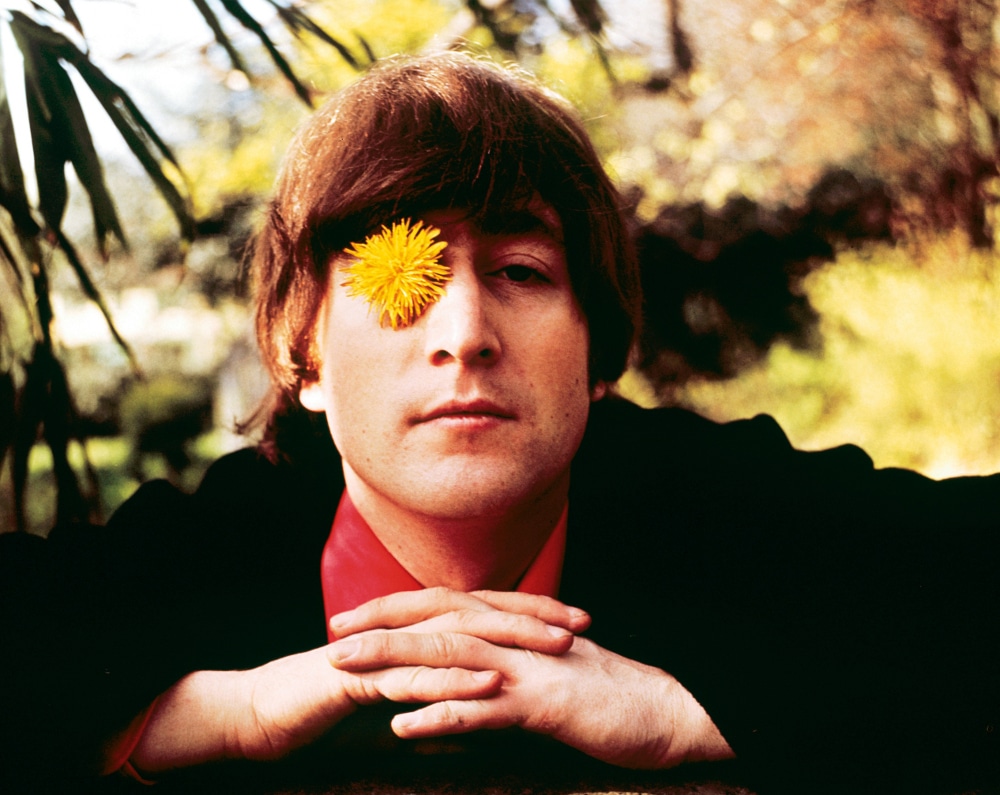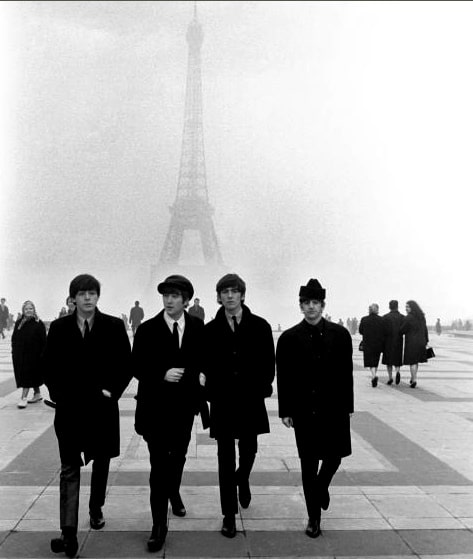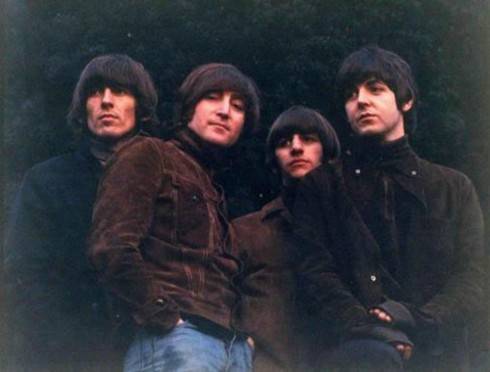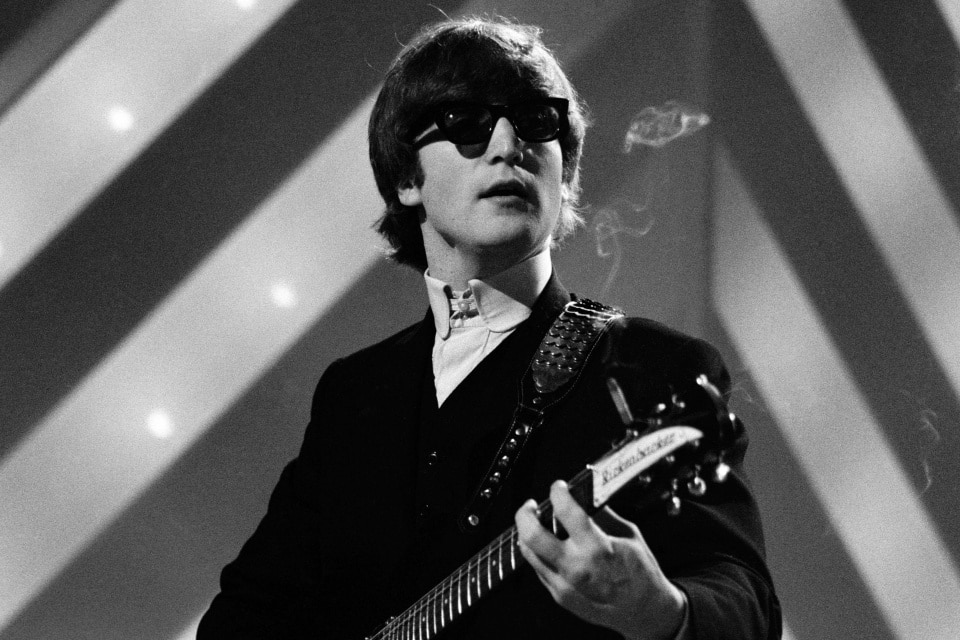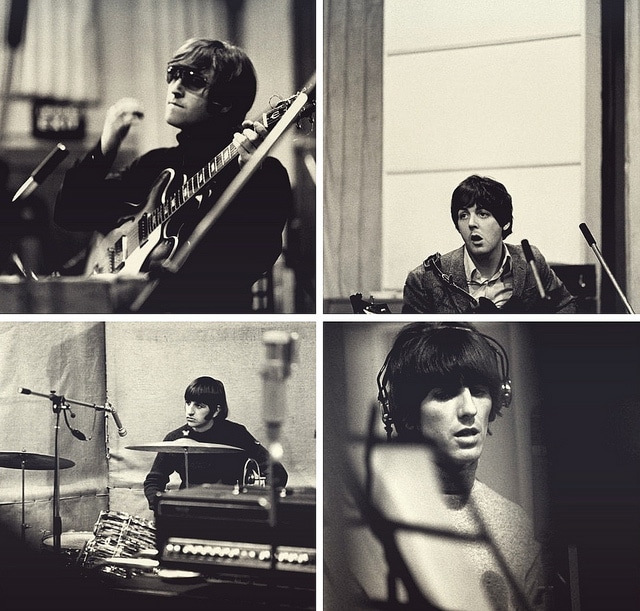You can say it a hundred ways:
“You get what you give.”
“You only get out of it what you put into it.”
“Cast your bread on the water, and it will return to you after many days.”
“Garbage in, garbage out.”
Or:
“And in the end, the love you take
Is equal to the love you make…”
In other words, in any venture in life, you’ll take away exactly what you bring to that moment. If you bring joy, you’ll reap joy. If you bring pessimism, you’ll walk away with pessimism. If you bring despair…well, you get it.
When my grandmother passed, she returned to each of us the gifts we had given her over the many years of her life. Those grandchildren who had given lovely, caring gifts received loving, caring gifts as rich mementos of her life. Those who had only eked by and given as little as possible reclaimed the tacky, shameful gifts that had been given. We all went to our homes that weekend with clear and obvious reminders of how generous and thoughtful (or stingy and miserly) we’d all been.
“And in the end, the love you take
Is equal to the love you make…”
The first year that I went to Liverpool, I went as a stuffy, American writer. I had trouble understanding Scouse. I wouldn’t try the local dishes. (Blood pudding? Eeeeek!) I dressed differently, and looked prim, stiff, professor-ish. And though I interviewed and observed, I never cracked a joke or smile. Bottom line: I didn’t fit in. Not a whit. Every minute of that trip, I was on the outside looking in. And though I learned a lot, I didn’t have fun being a stranger in a strange land.
The following year, I decided to do things differently. Instead of wearing my camel skirts, blazers, and sensible pumps back to dear old Liddypool, I donned tight leather pants and boots. I walked the streets of Merseyside instead of riding in taxis. I sat in The Grapes and The White Star and Flanagan’s Apple and learned the language and made friends.
That second year, strangers asked me for local directions over and over again…because they thought I was a Scouser! I had made the decision to blend in, and voila! I did! And when my nine days Merseyside were over, I reluctantly returned home not only better informed, but very, very happy.
“And in the end, the love you take
Is equal to the love you make…”
So, what will you bring to The Fest for Beatles Fans April 15-17? An old brown shoe? A sock (darned in the night)? A gently weeping guitar? A little white book? Some Semolina Pilchard? (Or Pilchard Semolina, for those who know the brand.) A 20-carat golden ring? A big brown bag? A portrait of the Queen? What will you bring?
Think! Because what you carry along with you to The Fest will determine what you take home. And, if you want to walk (drive, fly, or rollerblade) away from the weekend having had the time of your life, you need to bring a few, crucial items with (you…in Liverpool, you’d leave off the word “you” in that phrase). You’ll need:
1) Suggestions for us about things we can host at The Fest to make you happy. (We love your ideas!!! Send them to us ASAP, please! We are trying to find out what you like and include it in our expanded offerings! And if you’d like to volunteer to lead a class or a hike, we’d love to hear about it…soon). Email Danny@thefest.com with any ideas!
2) A spirit of FUN!!!
3) The ability to take part in what you enjoy and to happily pass over the things you do not like! (After all, someone else might enjoy that event and dislike the things you like, right? Give and take.)
4) A compliment or two for those who are presenting, singing, decorating, hosting, performing, cleaning up, selling tickets, emceeing, and making it all possible.
5) A spirit of curiosity about new speakers, books, panels, and experiences! A mind ready to seek out, enjoy, and find the best in every situation. A sense of adventure!
If you pack these five items along with your bent-back tulips and jeans (except on Sunday), you’ll find yourself smiling, laughing, learning, nodding, singing, and making the most of every moment! You’ll find yourself ready to have a great time and go home happy.
What you bring to the party is up to you. I would hate your disappointment to show. Is there nothing for you here? Will you disappear?
Or will you go all out, all in, all together now for a unique, exciting, uplifting Beatles weekend of fun? I hope it’s the latter…because the love you take really, really, really IS equal to the love YOU make. Ahahhhhhhhhhh!
Jude Southerland Kessler is the author of the John Lennon Series: www.johnlennonseries.com
Jude is represented by 910 Public Relations — @910PubRel on Twitter and 910 Public Relations on Facebook.




